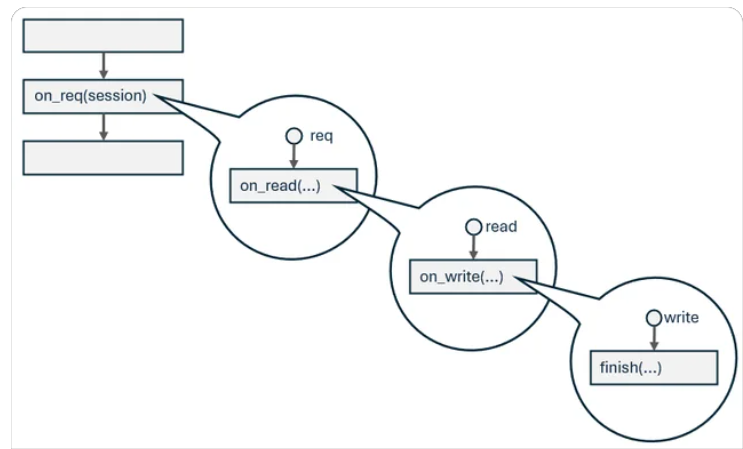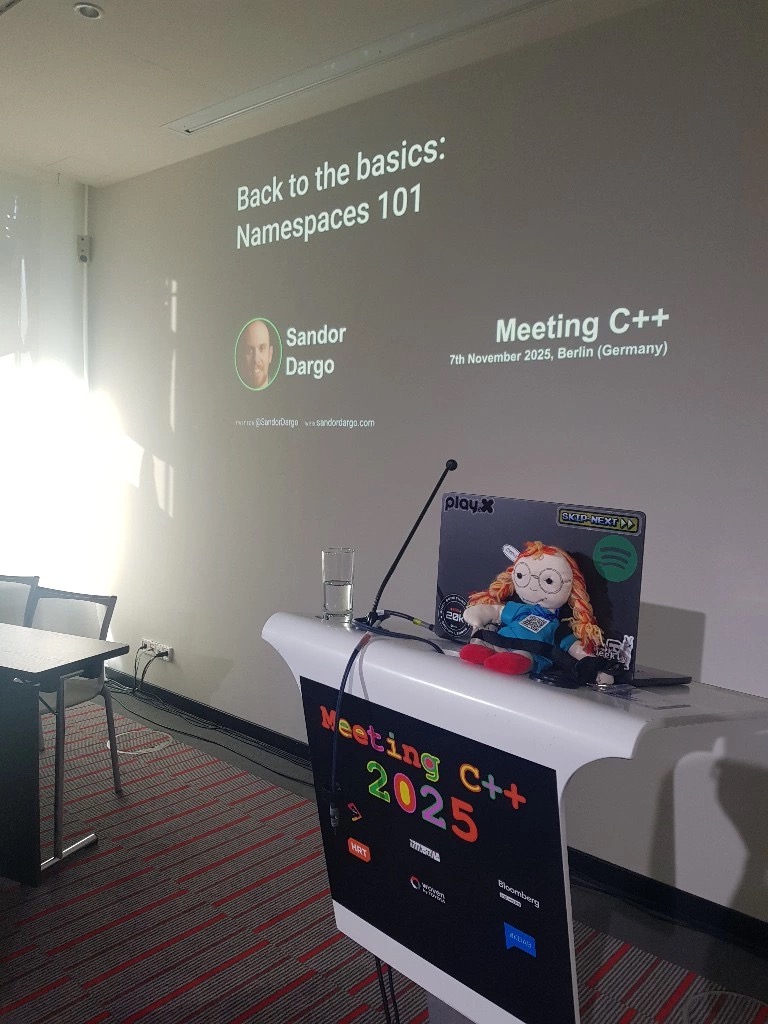Concurrency Flavours -- Lucian Radu Teodorescu
 Concurrency has many different approaches. Lucian Radu Teodorescu clarifies terms, showing how different approaches solve different problems.
Concurrency has many different approaches. Lucian Radu Teodorescu clarifies terms, showing how different approaches solve different problems.
Concurrency Flavours
by Lucian Radu Teodorescu
From the article:
Most engineers today use concurrency – often without a clear understanding of what it is, why it’s needed, or which flavour they’re dealing with. The vocabulary around concurrency is rich but muddled. Terms like parallelism, multithreading, asynchrony, reactive programming, and structured concurrency are regularly conflated – even in technical discussions.
This confusion isn’t just semantic – it leads to real-world consequences. If the goal behind using concurrency is unclear, the result is often poor concurrency – brittle code, wasted resources, or systems that are needlessly hard to reason about. Choosing the right concurrency strategy requires more than knowing a framework or following a pattern – it requires understanding what kind of complexity you’re introducing, and why.
To help clarify this complexity, the article aims to map out some of the main flavours of concurrency. Rather than defining terms rigidly, we’ll explore the motivations behind them – and the distinct mindsets they evoke. While this article includes a few C++ code examples (using features to be added in C++26), its focus is conceptual – distinguishing between the flavours of concurrency. Our goal is to refine the reader’s taste for concurrency.

 Memory-safety vulnerabilities remain one of the most persistent and costly risks in large-scale C++ systems, even in well-tested production code. This article explores how hardening the C++ Standard Library—specifically LLVM’s libc++—can deliver meaningful security and reliability gains at massive scale with minimal performance overhead.
Memory-safety vulnerabilities remain one of the most persistent and costly risks in large-scale C++ systems, even in well-tested production code. This article explores how hardening the C++ Standard Library—specifically LLVM’s libc++—can deliver meaningful security and reliability gains at massive scale with minimal performance overhead. This post is in response to two claims about coroutines: 1) Their reference function parameters may become dangling too easily, and 2) They are indistinguishable from regular functions from the declaration alone.
This post is in response to two claims about coroutines: 1) Their reference function parameters may become dangling too easily, and 2) They are indistinguishable from regular functions from the declaration alone.
 xplore how the C++ standard evolved across versions with interactive side-by-side diffs
xplore how the C++ standard evolved across versions with interactive side-by-side diffs What a year I had! One more conference, one more trip report! I had the chance to go to Meeting C++ and give not just one but two talks!
What a year I had! One more conference, one more trip report! I had the chance to go to Meeting C++ and give not just one but two talks! C++11 gave us
C++11 gave us